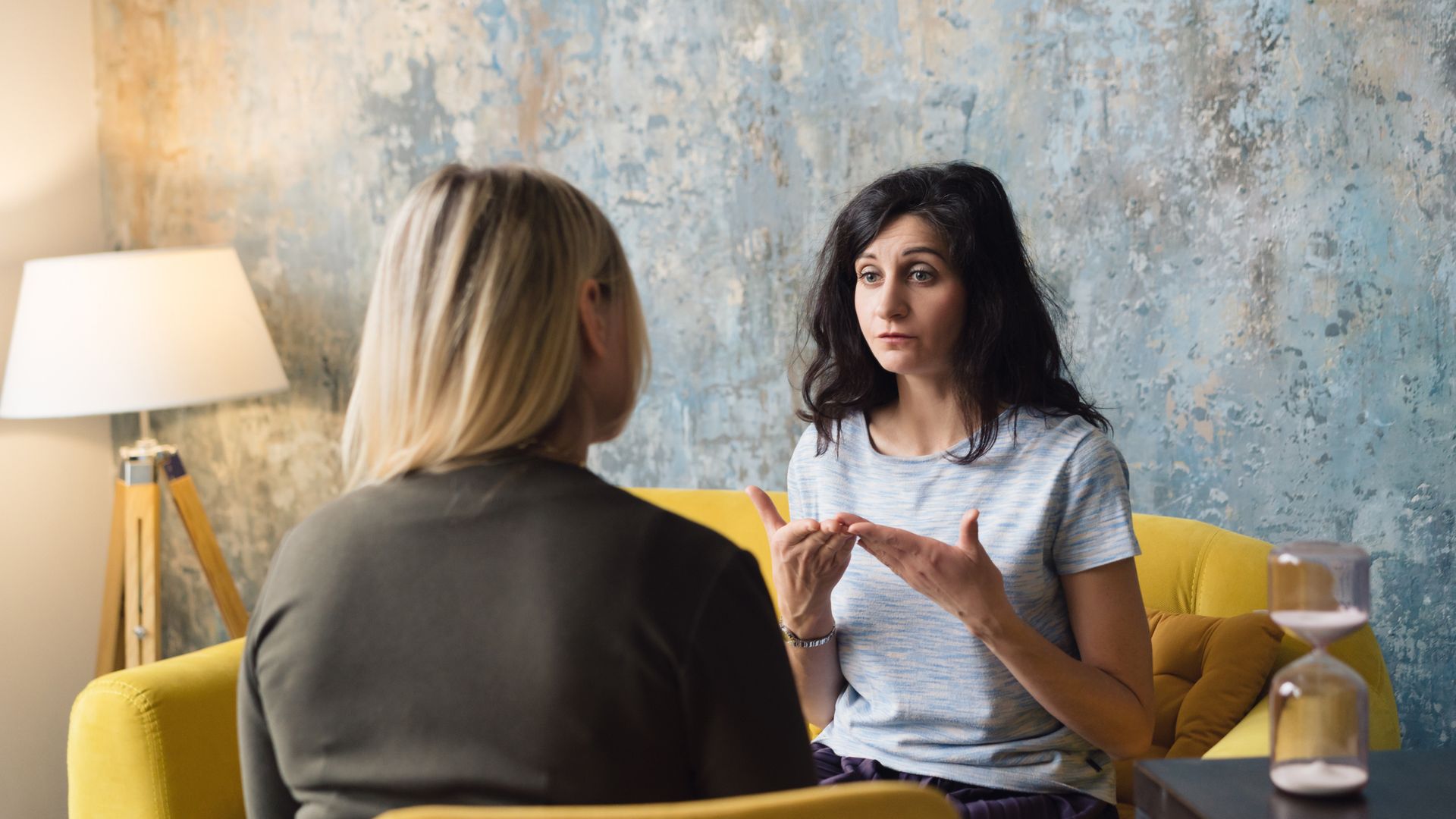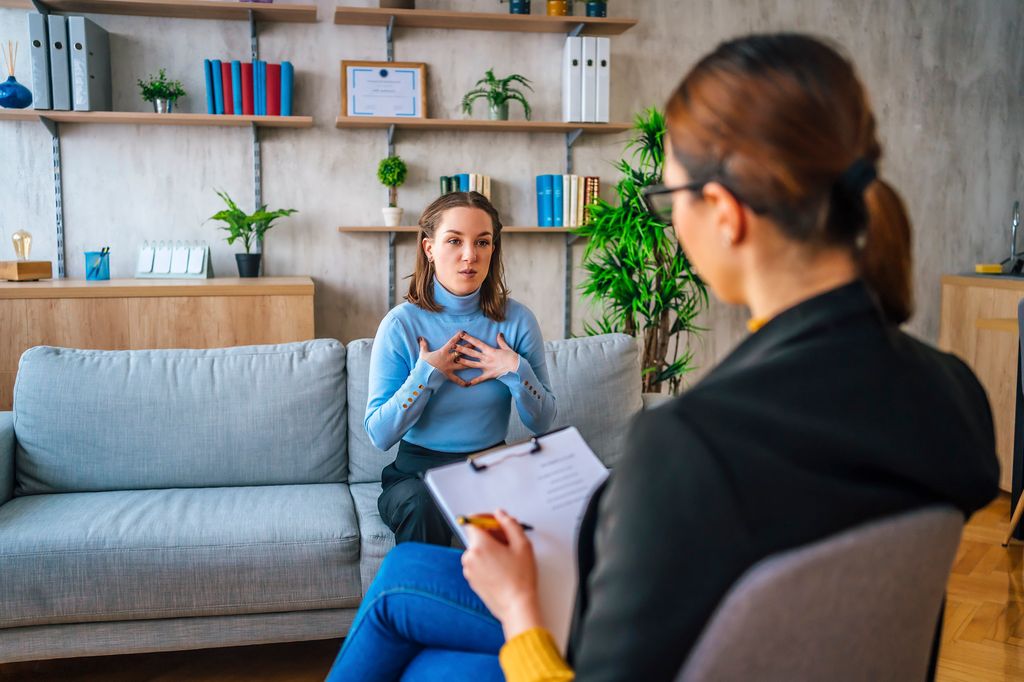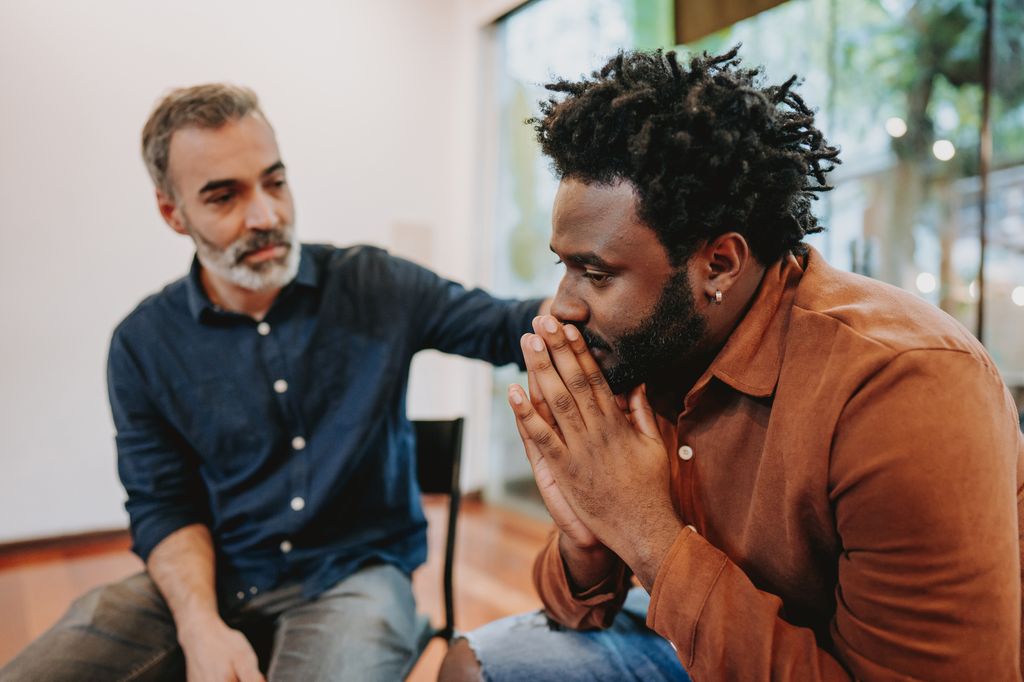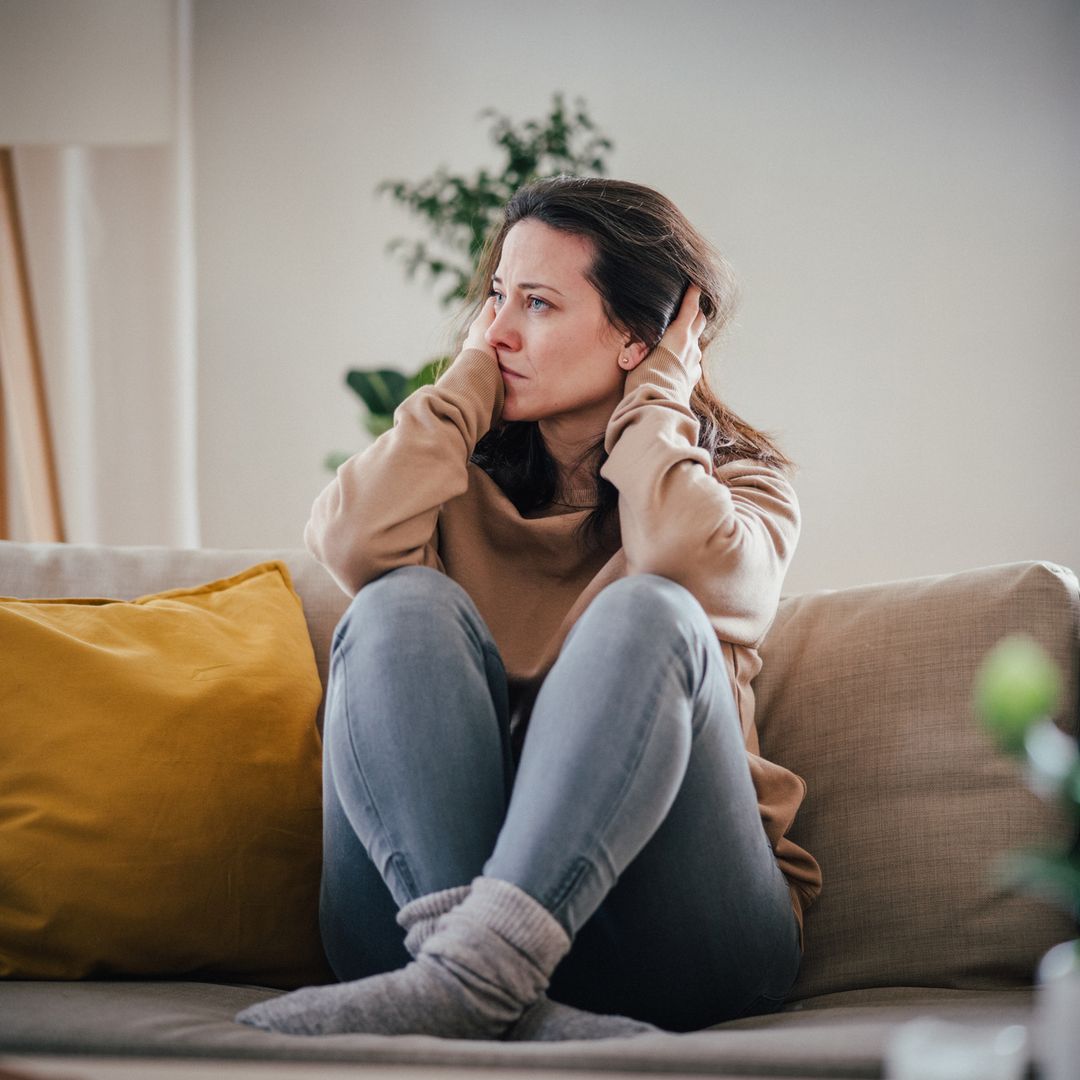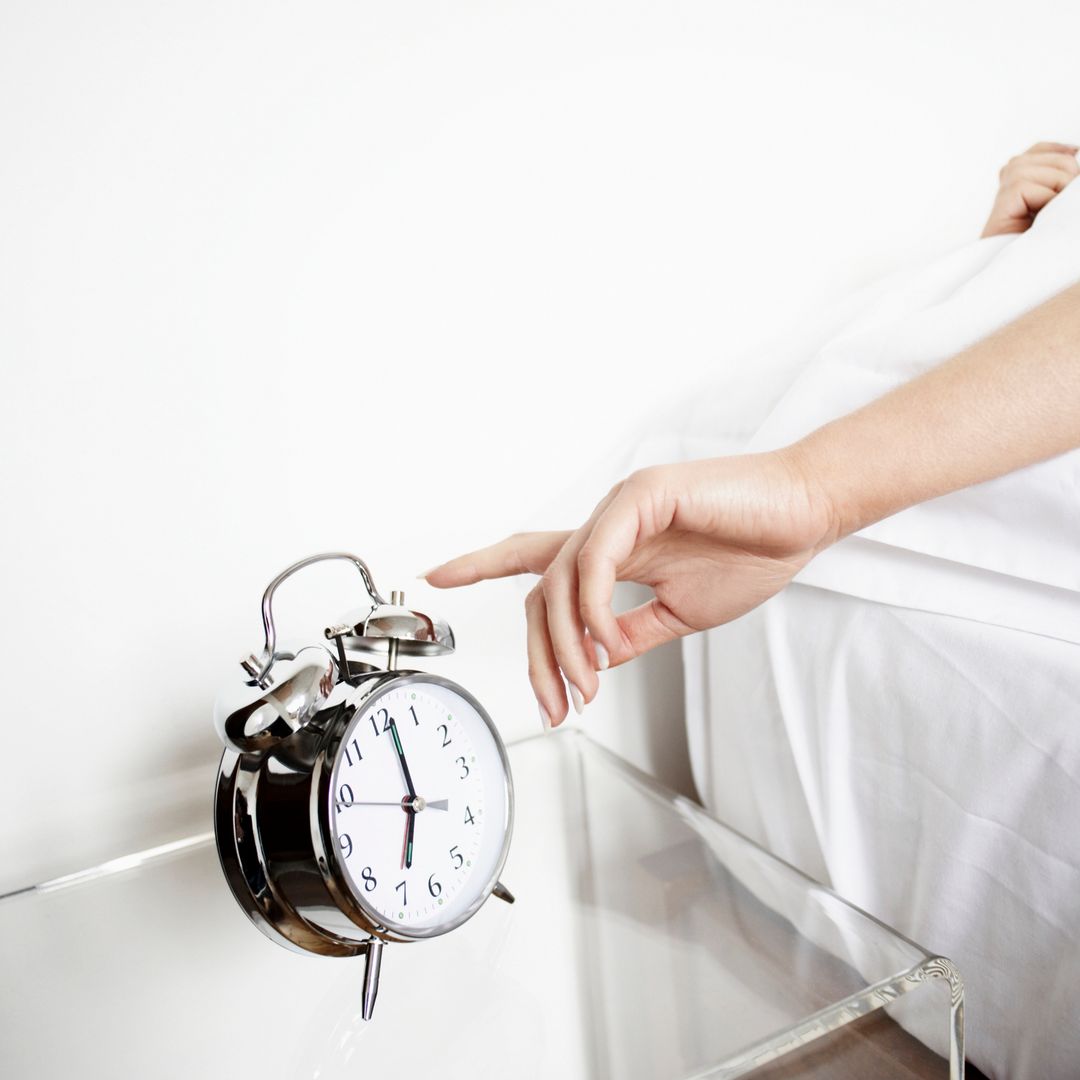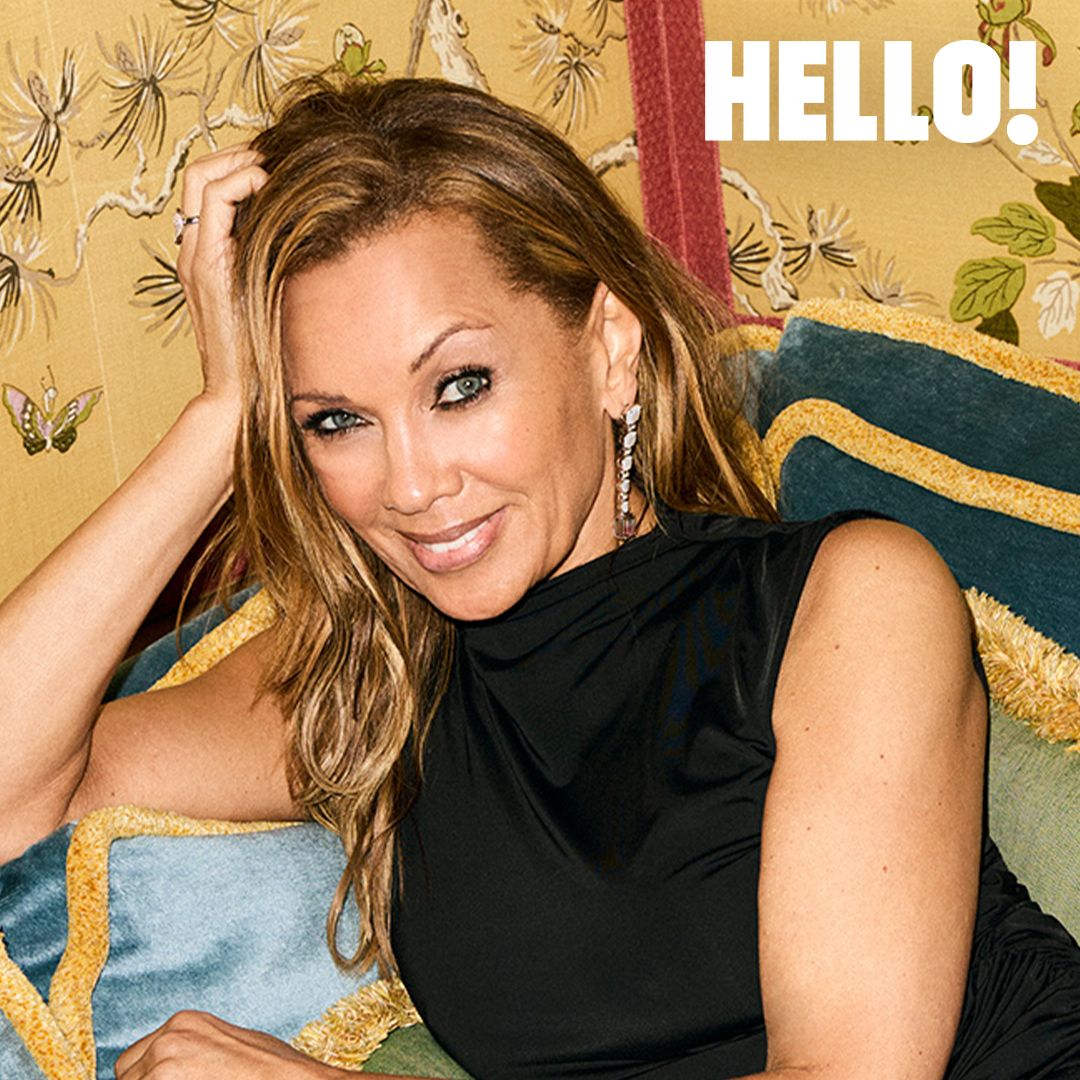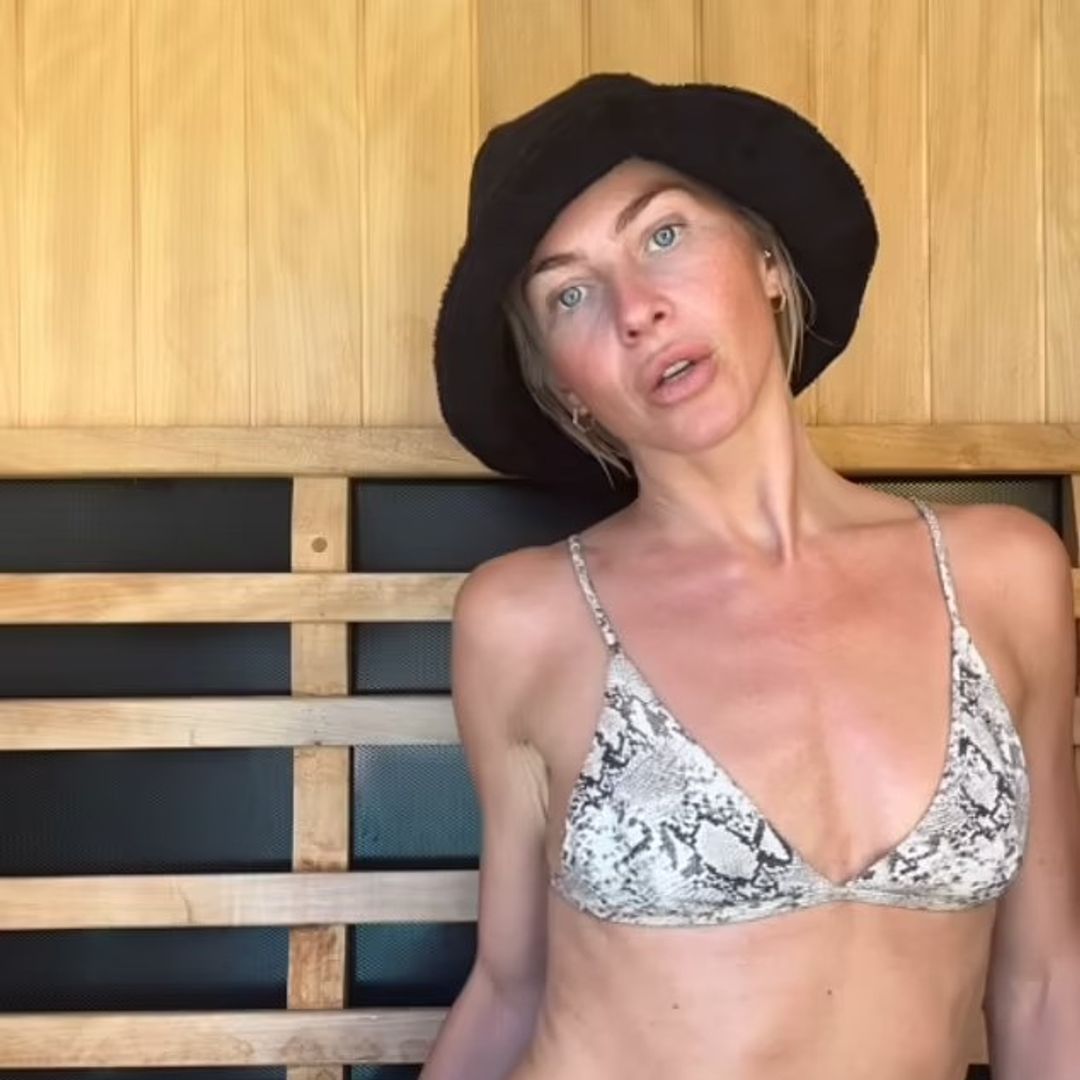As Dua Lipa promotes her new movie Argylle and upcoming third album, she made a controversial statement regarding her opinion on therapy - but I found it liberating.
"I’m not very good at therapy, to be honest," she confessed to Rolling Stone. Instead, she maintains a rigorous routine of self-care, opting for meditation and yoga.
She carried on: "As much as I’m disciplined in so many areas of my life — or I try to be — I have a little bit of a harder time locking myself down to talk about how I feel. I think that in part is down to the fact that I think I have a really easy communication with my friends. I talk to my friends about everything that’s happening."
I think therapy is great - this isn't an unpopular belief. I've been in therapy on and off for the past decade of my life for a variety of issues: debilitating anxiety, low mood, self esteem issues and traumatic events. I've gone into therapist offices feeling broken and tangled and left reminded of my own humanity.
Yet Dua's perspective is more than just valid - it's actually liberating to hear someone say that they aren't 'good' at therapy, and that they've found other ways to cope with the stresses of life that can be so taxing on their mental wellbeing.
One thing that Dua said that really stuck with me, was that she likes "closing the circle".
"That lets me move forward", she explained. "I think when things stay open, or not confronting a problem, you can get stuck in a loop of negativity, or upset, or what someone thinks of you, or the anxiety, or all those things. So that’s just worked for me."
She was able to surmise something that took years of therapy for me to realise: you don't have to feel as though you're at your brain's mercy. There are practical solutions to moving on and coping with the world. And if she didn't need a therapist to figure that out, then why should it come as a surprise to me that other people might not either?
Therapy isn’t for everyone
I used to think that if therapy could help me, then surely it would help everyone - and therefore everyone should do it, like eating your vegetables. I treated therapy as though it was a solution not just to my problems, but to everyone's.
A decade down the line, I realise that it's not my place to prescribe a singular solution to everyone's personal issues. The practice of sitting down and talking to another individual about your problems can be incredibly important, but not everyone feels the need to go down a formal route to resolve their emotional issues.
Life is full of ups and downs, and it's inevitable that we will go through stressful or upsetting experiences, such as bereavement, illness and changing relationships. It's when our sadness and anxiety feels out of control that we might need further support.
A lot of this can be down to individual factors. According to BACP-registered therapist Susan Critchley, there are a lot of individual factors that might lead someone to feel that they need to see a therapist - or to feel that they might not.
"There are a whole host of people out there who may never actually need to go to therapy per se. And a lot of that will be about very individualised factors", she explains. "The sense of that individual's internal resources, external resources like their support network, how resilient they are in their life, the amount of emotional load they bear all play a part.”
While not everyone may need therapy, everyone should be able to access it. As mental health rightfully becomes less of a taboo, it's reassuring that more people are seeking out support. According to the BACP's 2023 Public Perception Survey, 95% of people who’ve had counselling or psychotherapy think it’s important it should be accessible to everyone who wants it.
"Anybody ought to be able to have access to therapy", Susan points out. "It's important that we all have access to support."
This is especially relevant since NHS waiting times for mental health services have notoriously got longer over the years, with research by NHS Talking Therapies showing that people from minority ethnic backgrounds experienced longer waiting times for an initial assessment and between treatments, and they were less likely to be referred for treatment after their assessment.
There are so many types of therapy out there - and Dua's self care routine might just count as its own type of therapy, according to the Mental Health Foundation's Head of Research, Dr David Crepaz Keay.
"Some behaviours and activities can protect mental health", says Dr David. A lot of things that we consider vital to our physical health - getting enough sleep, eating well and exercising, equally contribute to our mental wellbeing. Things we do everyday like socialising and simply having things to look forward to can also help "prevent mental health problems,” he says. "These practices are types of therapy, we know they can be good for us, but sometimes we will need extra support."
Outside of this, there are so many different approaches to therapy. The BACP lists over 30 different types in their A-Z of therapeutic approaches. While there is an insurmountable amount of research to support the likes of cognitive behavioural therapy (CBT) and counselling - two of the most readily available types of therapy, there's plenty of anecdotal evidence that art therapy or animal assisted therapy can also help.
Finding the right therapy for you
There is this expectation that therapy is supposed to be a major revelation - a shock to the system. When I was 18 I did group CBT in order to cope with intense anxiety. I simply did not understand how being told these deeply practical coping mechanisms and frameworks would help me be less anxious, until I went to university and they became the bedrock for dealing with this brand new world.
It's easy to try one form of therapy and find it doesn't work for you, or it doesn't immediately help. You might feel overwhelmed by the sheer number of different types of talking therapy out there.
"Don’t let that put you off", Dr David advises. "Try to find what’s right for you, your GP should be able to point in the right direction, and there are some brilliant helplines available across the UK too."
Susan additionally points out that if you, or anyone you know, might be seeking counselling or psychotherapy, then it's important to look for someone who can evidence an appropriate qualification that they are a member of a membership body with a register accredited by the Professional Standards Agency - like the BACP.
"That offers some kind of safeguarding and reassurance that the person they're approaching has already undergone some specialist training that they've met specific requirements to be a member of a professional body, and that they've committed to working to professional ethical standards."
If you feel like you need support for your mental health, please reach out to your GP. You can also find a number of helplines and resources on the Mental Health Foundation website. The BACP website also has a lot of information about therapy, finding a registered therapist in private practice.
